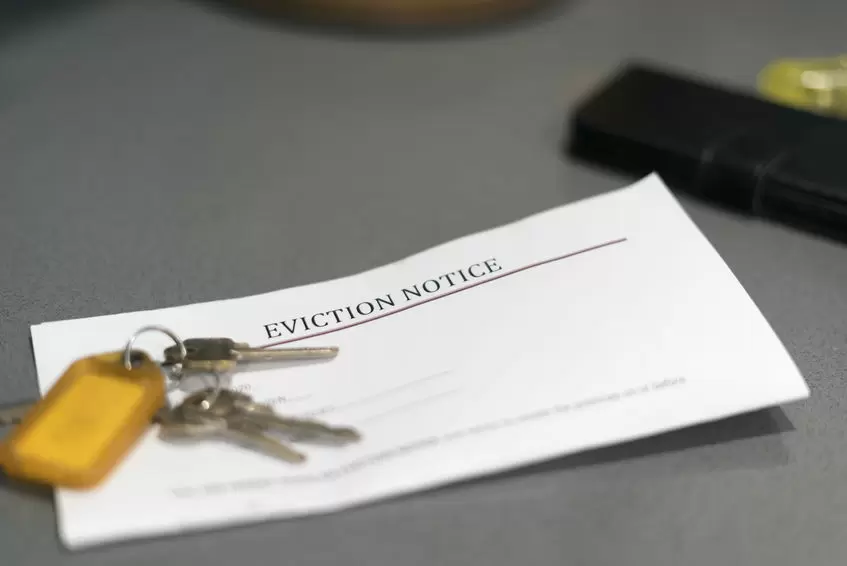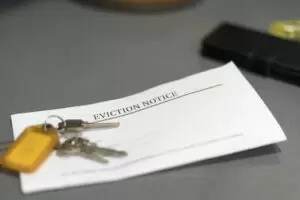
You just spent the last 4-6 weeks patiently working through Michigan’s landlord-tenant eviction procedures to get a judgment of possession against your tenant. A few days later you receive notice that your tenant has appealed your judgment…now what?
You don’t always have to stop the eviction process
By itself, the filing of an appeal does nothing to stop your judgment from being enforceable. In order for an appeal to act as a stay of proceedings on your ability to evict the tenant, the tenant is required to post an appeal bond. Absent a stay of proceedings, the court is actually required to issue the order of eviction.
Michigan Court Rule 4.201 (N)
Unlike every other appeal in the State of Michigan, appeals from summary proceeding evictions are governed by their own unique set of rules: Michigan Court Rule 4.201 (N). This court rule is one of the most protective court rules for landlords in the State of Michigan.
MCR 4.201 (N) requires that an appealing tenant do two things in order to obtain a stay of proceedings from the court:
The tenant must post an appeal bond
The appeal bond in summary proceedings is different than any other appeal bond. It actually requires the tenant to file a bond providing that if the tenant loses he/she will pay: i) the appeal costs, ii) the amount due on the judgment, and iii) damages from the time of the notice or demand. This requires the tenant to put their money where their mouth is because if the tenant loses the appeal, that bond goes straight to the landlord.
The tenant must post monthly escrow
MCR 4.201 (N) requires the tenant to post monthly escrow in addition to the bond requirement. The tenant’s failure to post the bond or to start paying escrow – in conjunction with the initial appeal filing – means that no stay of proceedings is in effect and the court must issue an order of eviction once submitted.
Knowing the rules and having an experienced advocate on your side can make a world of difference to your eviction case. At Aaron Cox Law, we are knowledgeable in all aspects of landlord-tenant law. Contact us today to learn more.

